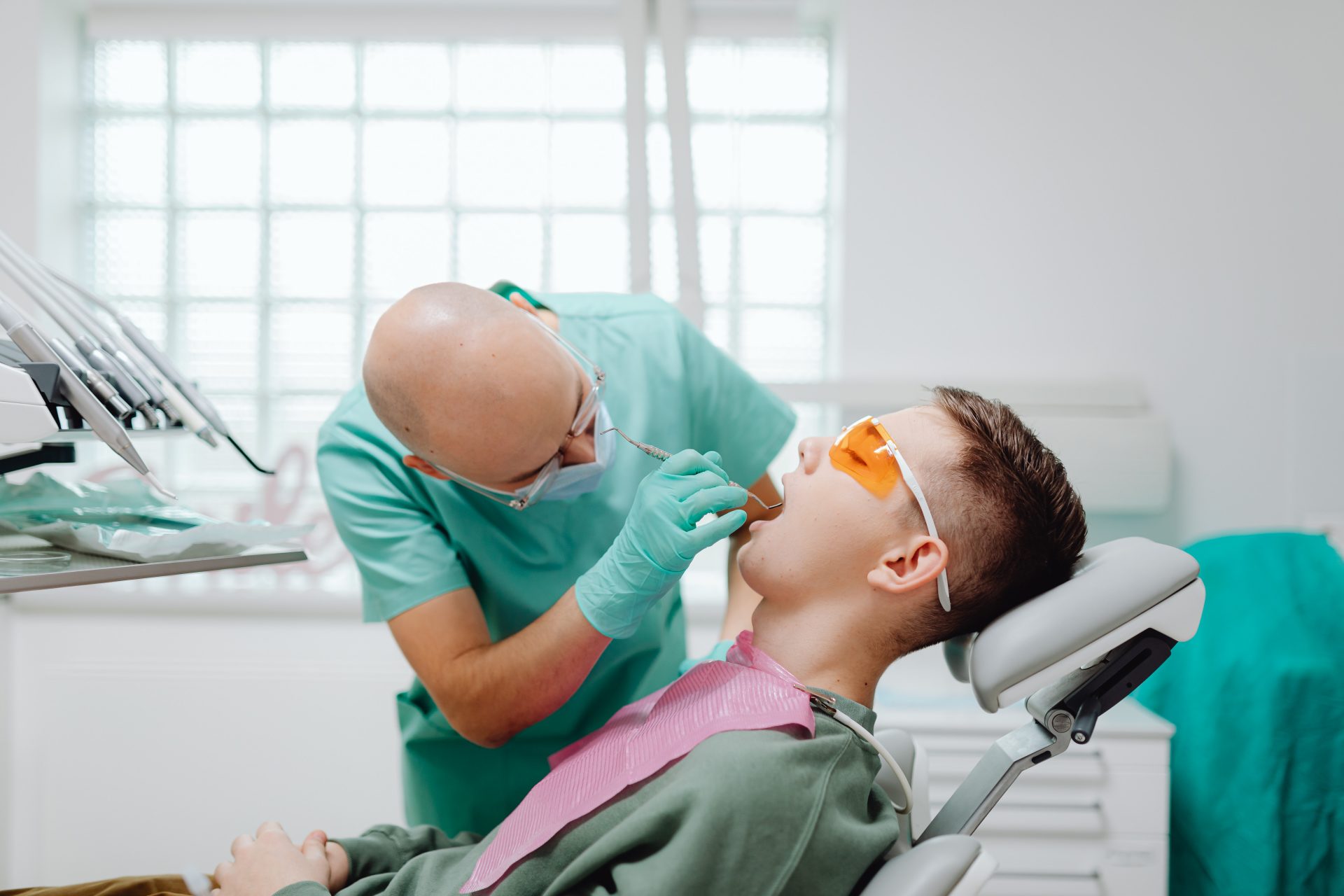A recent survey on the perception of healthcare in the Czech Republic reveals some noteworthy insights. The most common grievances among Czechs are the shortage of dentists, general practitioners, and paediatricians, which have led to long waiting times. Despite these issues, the majority of residents express overall satisfaction with the domestic healthcare system, albeit with regional and demographic variations.
According to the survey conducted by Ipsos for Seznam Zprávy, university graduates exhibit the highest satisfaction levels (76%), while those with primary education or education certificates are the least satisfied (55%). The connection between education and health appears significant, with better-educated individuals reporting better health.
Furthermore, income levels also impact how healthcare is perceived, with higher earners expressing more positive evaluations of their health status. Notably, residents in the Karlovy Vary Region have the least favorable perception of healthcare, likely linked to the region’s scarcity of healthcare facilities.
The shortage of dentists is a prominent concern for Czechs, with 85% of respondents acknowledging this issue. Additionally, the survey highlights the dearth of general practitioners for both adults and children, as well as psychiatrists and psychologists. The shortage of medical professionals is felt across all regions, with Vysočina experiencing the most acute deficit.
Long waiting times for specialists are another significant problem perceived by Czechs. Approximately 75% of respondents consider waiting times to be lengthy, with the 18 to 44 age group expressing the most dissatisfaction.
Regarding willingness to pay extra for better medical care or to travel further, the Czech population is split roughly in half, with 46% expressing a willingness to pay more and 47% showing reluctance. Interestingly, a notable proportion of young people aged 18 to 34 are more open to the idea of giving bribes for better care, while older generations are more resistant to such practices.
Overall, the survey provides valuable insights into the Czech public’s sentiments regarding healthcare, highlighting areas of concern and satisfaction.


















